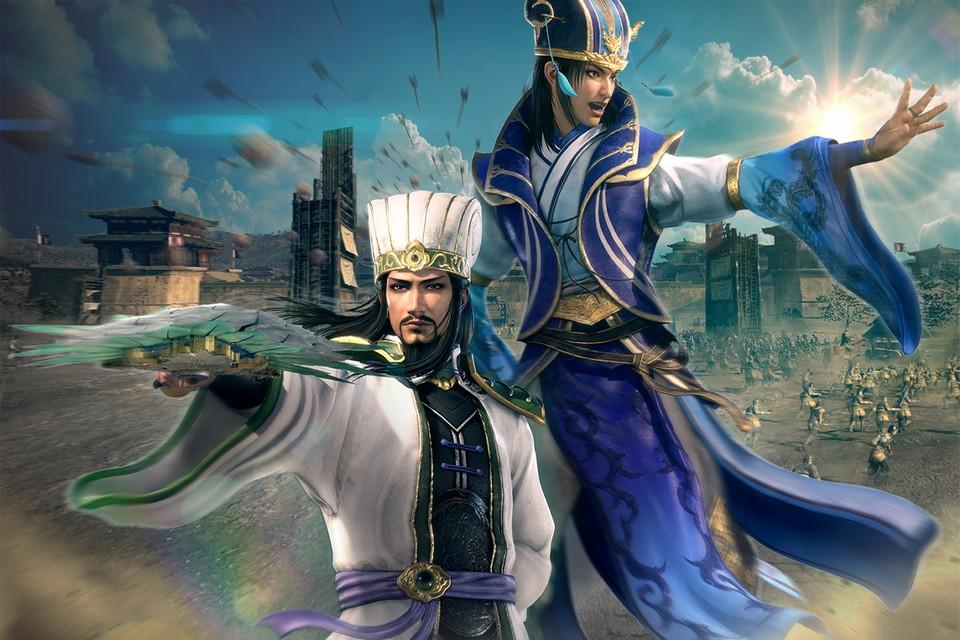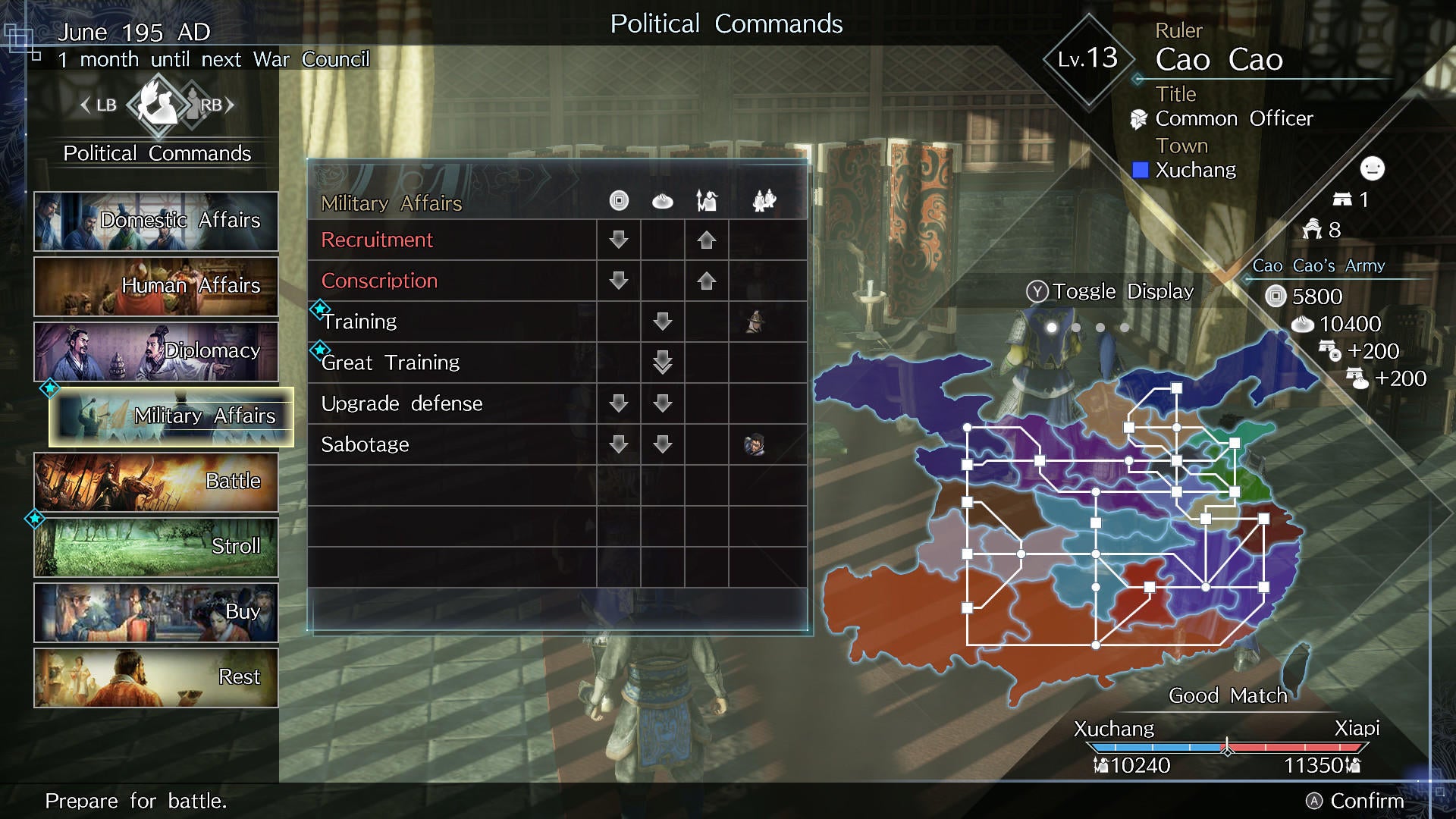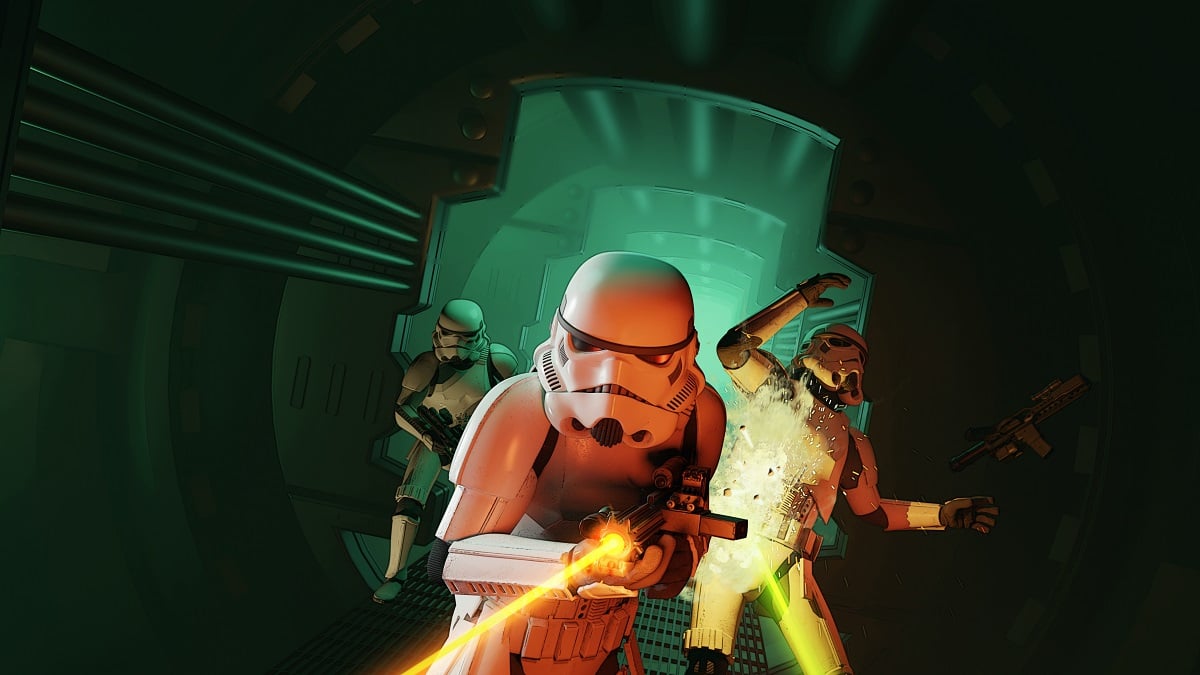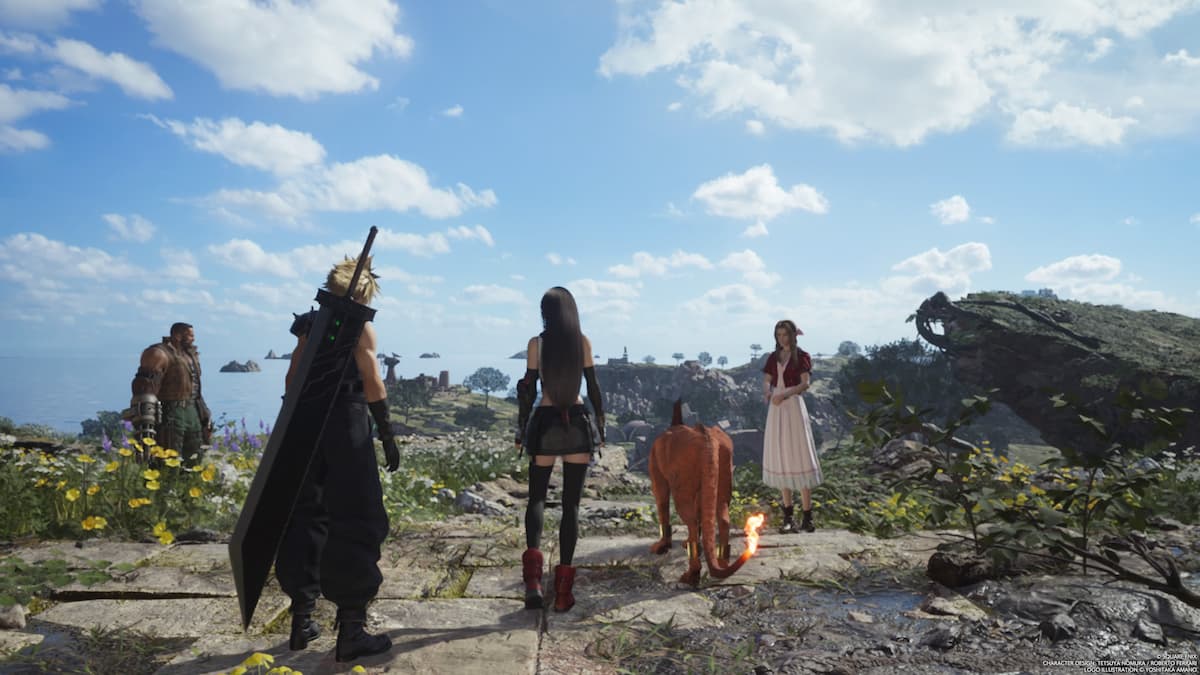Dynasty Warriors 9 Empires takes a controversial Dynasty Warriors game and latches on a kingdom-building strategy system that lacks any real innovation. The newest installment of the popular Dynasty Warriors franchise is technically a re-tooled version of the 2018 game Dynasty Warriors 9, which divided fans due to its use of a mostly empty and lifeless “open world” and the lack of any meaningful story content of variation in its missions. As with other Dynasty Warriors games, Dynasty Warriors 9 is a dramatic retelling of the Romance of the Three Kingdoms, a famous Chinese historical novel that provides a semi-fictional account of the Three Kingdoms era of Chinese history. And like other Empires spinoffs, Dynasty Warriors 9 couples the typical hack-and-slash 1 vs. 1000 battle system with a strategic kingdom builder, in which players much manage their forces by collecting food and rations while also maintaining their army and recruiting new officers to their cause.
As someone who has mostly played the Nintendo spinoffs of the Warriors franchise (I’ve logged hundreds of hours into both Hyrule Warriors games and Fire Emblem Warriors), I didn’t quite know what to expect when jumping into Dynasty Warriors 9 Empires. I only discovered after loading up the game that it was a “spinoff” of Dynasty Warriors 9 and the game seems to expect that players will already know the core storyline and the gameplay basics from playing that game. There are several different starting scenarios that roughly correspond to different parts of Romance of the Three Kingdom, but otherwise, there’s no actual “plot,” as the AI will move through the scenarios without any concern to actual historical events. Likewise, the 90 or so playable characters have different looks and a few different gameplay styles but feel mostly interchangeable in the context of this game. Of course, you’re severely limited in Dynasty Warriors 9 Empires as you can’t actually switch between characters during a campaign. The character you start with is the character you have to play countless battles as, unless you choose to retire them in the middle of a campaign.

The actual combat in Dynasty Warriors 9 Empires focuses on siege warfare. There are two types of battle – one focused on taking cities and castles and one focused on defending them. Both play out mostly the same way: at the outset of the battle, players need to carry out a “Secret Plan,” a stratagem that provides some sort of advantage for the remainder of the battle and then block their opponent’s Secret Plan. Once the Secret Plans have been resolved, the player goes through the typical motions of clearing bases. Some bases control siege weapons (catapults, siege towers, or rams) that can be used to take a fortress. Players can also eventually scale the walls of a fortress using a grappling hook once the outer wall has been taken. Offensive sieges end when a player opens the gate and draws out the enemy commander, while a defensive siege ends when a player has either held for a set length of time or completely dominated the battlefield. To be honest, the combat gets tedious and repetitive due to the lack of any real variation. Some of the battlefields look different, but every battle plays out exactly the same way.
Most of the “nuance” in Dynasty Warriors 9: Empires comes from the kingdom-building aspect of the game. Players have to manage a kingdom, which mostly means managing your army by continuously collecting new officers through a “stroll” mode (which uses the open world map of the original Dynasty Warriors 9), collecting food and gold, and then spending those resources to strengthen your armies and defensive positions. Outside of a couple of brief explanations, most of the kingdom-building options aren’t really explained so you’ll have to figure out how things work on the fly. There are a handful of other aspects to the game, such as a create-a-character mode, but they don’t offer any real sort of added benefit.

Dynasty Warriors 9: Empires is a niche version of an already divisive game and provides very little innovation to the musou formula. It honestly feels like a half-baked game, as if developer Koei Temco felt the need to keep the Empires spinoff line of games going simply because it has done it in the past. There are better musou games out there and better strategy games out there, and I honestly can’t recommend this game to fans of either type of game. Ultimately, Dynasty Warriors 9 Empires won’t hold your interest for any extended period of time unless you’re already a fan of the franchise.
Rating: 2 out of 5
Dynasty Warriors 9 Empires releases on February 15th on PlayStation 5, PlayStation 4, Nintendo Switch, Xbox Series X|S, Xbox One, PC, and Stadia. A PlayStation 5 code was provided by the publisher for the purpose of this review, and it was reviewed on a PS5.


